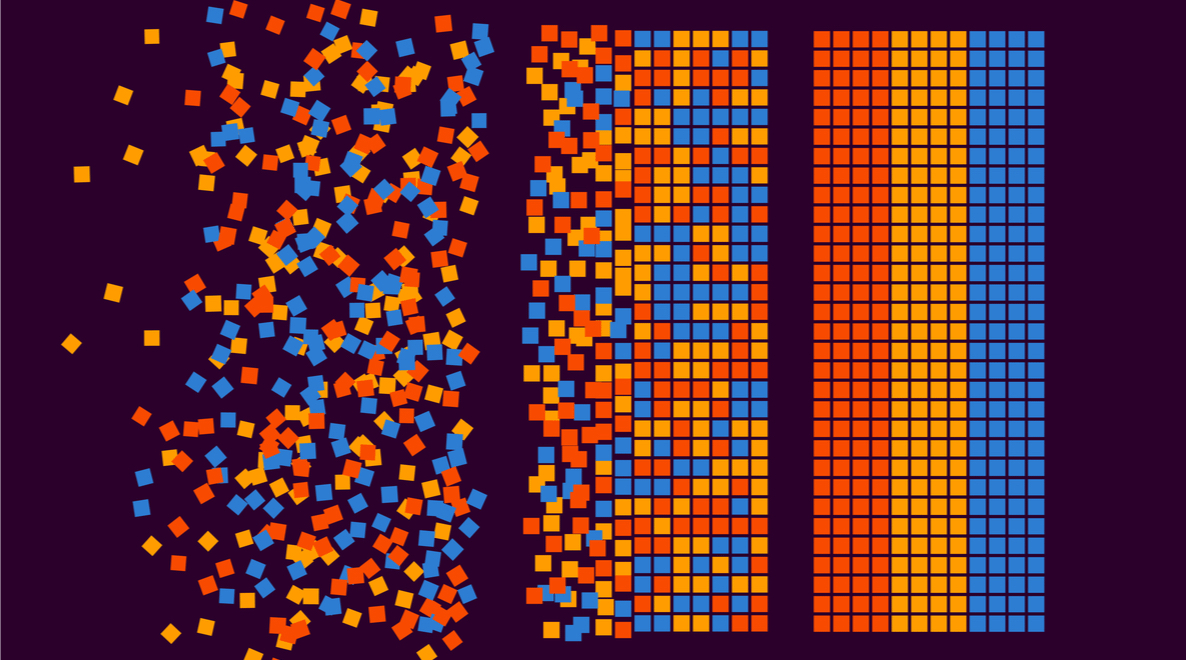The number and variety of degree programs in computer engineering can be a little overwhelming.
Our rankings for the Best Online Bachelor’s in Computer Engineering Degrees and the Best Online Master’s in Computer Engineering Degrees are a good place to start.
Here, we’ve laid out the typical computer engineering programs you can find at each of the following academic levels.
Certificates
Many colleges and universities that have computer engineering degrees also offer certificates. The programs that lead to certificates are typically very short compared to the programs that lead to degrees. For example, an average bachelor’s degree requires 120 credit hours. By contrast, a certificate typically requires 15 academic credits or less.
Some certificate programs will provide a general overview of computer engineering as a field. However, because of their brevity, many certificate programs focus on a specific aspect of the discipline.
For example, Arizona State University offers undergraduate certificates in Informatics and Computer Gaming. The University of Illinois provides a broader range of computer science undergraduate certificates. Programs are available in Information Security, Networks and Distributed Systems, Information Systems, Software Engineering, and System Software.
Associate’s Degrees
There are a wide variety of colleges and universities that can offer an Associate of Science in Computer Science or in Electrical and Computer Engineering. Most associate’s degree tracks require between 57 and 63 credit hours.
Associate’s degrees are an excellent way to save money on general education requirements. If you plan to earn an associate’s degree and then transfer to a four-year institution, be sure to work with an academic advisor to ensure that your credits will transfer.
You can also earn an associate’s degree and go into the workforce immediately after graduation. But remember that jobs that only require an associate’s degree will pay much less than jobs that require a bachelor’s degree.
The curriculum for an Associate of Science in Electronics and Computer Engineering Technology from Grantham University is a good example for this type of program. Required coursework for that degree track includes:
- Programming Essentials
- Microprocessor Systems Engineering
- Digital Electronics
- Fundamental Properties of DC Circuits
- Programming in C++
Bachelor’s Degrees
A four-year bachelor’s degree is likely the best investment for a student who is serious about starting their career in computer engineering. A Bachelor of Science in Computer Engineering will open up many more job prospects than an associate’s degree.
Depending on how a particular college or university structures their courses, a bachelor’s degree will generally require between 120 and 190 credits.
At Colorado Technical University, for example, the core curriculum for the Bachelor of Science in Computer Engineering includes the following courses:
- Object Oriented Methods
- Embedded Microcontrollers
- Advanced Circuit Analysis
- Advanced Digital System Design
- Fundamentals of Networking
Master’s and Doctoral Degrees
After a bachelor’s degree, there are several possibilities for further study. You may choose to earn a Master of Science (M.S.) in Computer Engineering, a Master of Computer Engineering (M.C.E.), or a Master of Engineering (M.E. or M.Eng.) in Computer Engineering.
These programs may differ in their culminating experience. Master of Science programs are most likely to require a portfolio, comprehensive exam, or written thesis. The other two degree tracks may require an applied research project.
Programs leading to a Ph.D. in Computer Engineering are most often designed for students who plan to work as an academic researcher. Practicing engineers may want to opt for a Doctor of Engineering in Computer Engineering instead.











